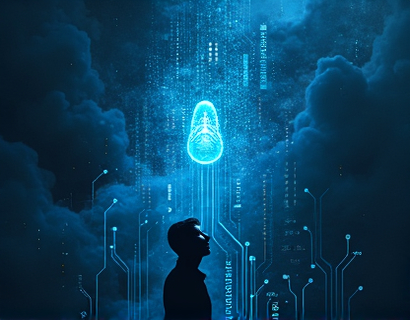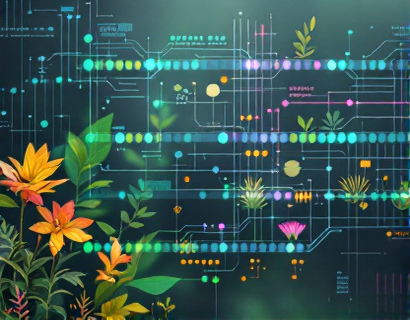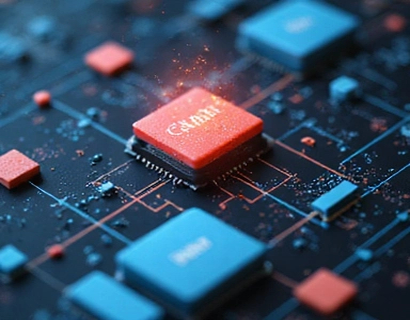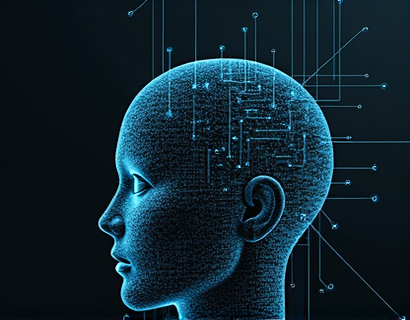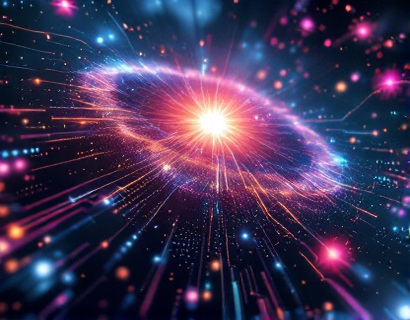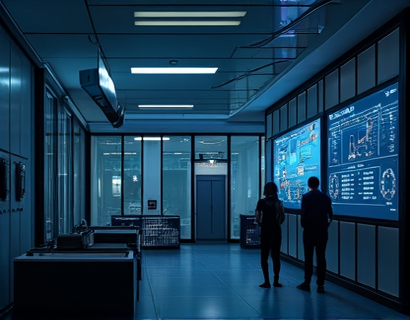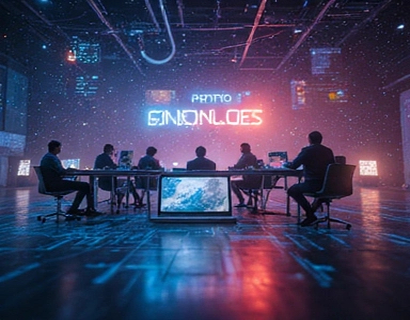AI-Powered Cosmic Learning: A New Era of Interactive Exploration
In the realm of education and space exploration, a groundbreaking tool has emerged, leveraging the power of artificial intelligence to create a personalized and interactive journey through the cosmos. This innovative platform redefines how educators and space enthusiasts engage with the vastness of space, offering a tailored learning experience that adapts to individual interests and knowledge levels. By integrating AI technology, this tool not only makes space and astronomy more accessible but also transforms the way we learn about celestial wonders and astronomical concepts.
Personalized Learning Paths
The core of this AI-driven learning tool lies in its ability to customize the educational experience for each user. Upon initial setup, users are prompted to input their background knowledge, learning preferences, and specific areas of interest within the universe. This information forms the basis of a personalized learning path, ensuring that the content presented is both relevant and challenging. For beginners, the tool introduces fundamental concepts in a gradual and engaging manner, while advanced users can dive deeper into complex topics and recent discoveries in the field of astronomy.
Interactive Exploration Features
One of the most compelling aspects of this platform is its interactive exploration features. Users can embark on virtual tours of planets, moons, stars, and galaxies, with detailed information and visuals provided at each step. The AI component dynamically adjusts the depth and complexity of the content based on user interactions and feedback. For instance, if a user shows a strong interest in the rings of Saturn, the platform can offer in-depth articles, videos, and interactive simulations focusing on Saturn's ring system, its formation, and its significance in the solar system.
Customizable Settings for Engaging Learning
Recognizing that every learner is unique, the platform offers extensive customizable settings. These settings allow users to control various aspects of their learning experience, such as the pace of the content, the types of media used (text, images, videos, interactive simulations), and the level of detail provided. Educators can also tailor these settings for their students, creating a classroom environment that caters to diverse learning styles and needs. This flexibility ensures that the learning process remains engaging and effective, regardless of the user's background or preferred method of learning.
Enhanced Educational Content
The content offered by this AI-powered tool is meticulously curated to provide accurate and up-to-date information. Collaborating with leading astronomers, educators, and space agencies, the platform ensures that the information presented is not only engaging but also scientifically rigorous. Users can access a wide range of topics, from the basics of celestial mechanics to the latest discoveries in exoplanet research. The AI-driven content generation system continuously updates the material, incorporating new findings and advancements in the field, keeping the learning experience fresh and relevant.
Interactive Learning Modules
To further enhance the learning experience, the platform features interactive learning modules designed to test and reinforce understanding. These modules include quizzes, puzzles, and interactive simulations that challenge users to apply what they have learned. For example, a module on planetary atmospheres might include a simulation where users can adjust atmospheric conditions and observe the resulting changes on a virtual planet. This hands-on approach not only makes learning more enjoyable but also helps solidify concepts through practical application.
Support for Educators
For educators, this platform serves as a valuable resource for integrating space and astronomy into their curricula. The customizable settings allow teachers to align the content with specific learning objectives and standards. Additionally, the platform provides tools for tracking student progress, generating reports, and offering personalized feedback. This data-driven approach enables educators to identify areas where students may need additional support and adjust their teaching strategies accordingly. The platform also offers a community feature, where educators can share resources, discuss teaching methods, and collaborate on lesson plans.
Accessibility and Inclusivity
Accessibility is a key consideration in the design of this AI-powered learning tool. The platform is optimized for use on various devices, including desktops, tablets, and smartphones, ensuring that users can access the content anytime and anywhere. For users with disabilities, the platform incorporates features such as text-to-speech, adjustable text sizes, and high-contrast modes. This commitment to inclusivity ensures that the wonders of the universe are accessible to everyone, regardless of physical or cognitive abilities.
Real-World Applications and Inspiration
The impact of this AI-driven learning tool extends beyond the classroom and personal interest. By fostering a deeper understanding of space and astronomy, the platform inspires the next generation of scientists, engineers, and explorers. The interactive and engaging nature of the content can spark a lifelong passion for learning and discovery. Moreover, the platform's emphasis on real-world applications, such as space exploration and satellite technology, helps users see the practical relevance of their studies, motivating them to pursue careers in STEM fields.
Future Developments and Innovations
As AI technology continues to advance, the potential for this learning tool is vast. Future updates may include more sophisticated AI algorithms that can predict user interests and adapt the learning path in real-time. The integration of augmented reality (AR) and virtual reality (VR) could provide even more immersive experiences, allowing users to step into the cosmos and explore celestial bodies as if they were there. Additionally, the platform could expand its scope to include interdisciplinary topics, such as the intersection of astronomy with biology, physics, and philosophy, offering a more holistic view of the universe.
Conclusion
The AI-powered cosmic learning tool represents a significant leap forward in educational technology, making the universe accessible, engaging, and tailored to individual learners. By combining personalized learning paths, interactive exploration, and high-quality educational content, this platform transforms the way we understand and appreciate the cosmos. Whether you are a curious student, a dedicated educator, or a lifelong space enthusiast, this tool offers a unique and enriching experience that opens the doors to the vast and mysterious universe.














